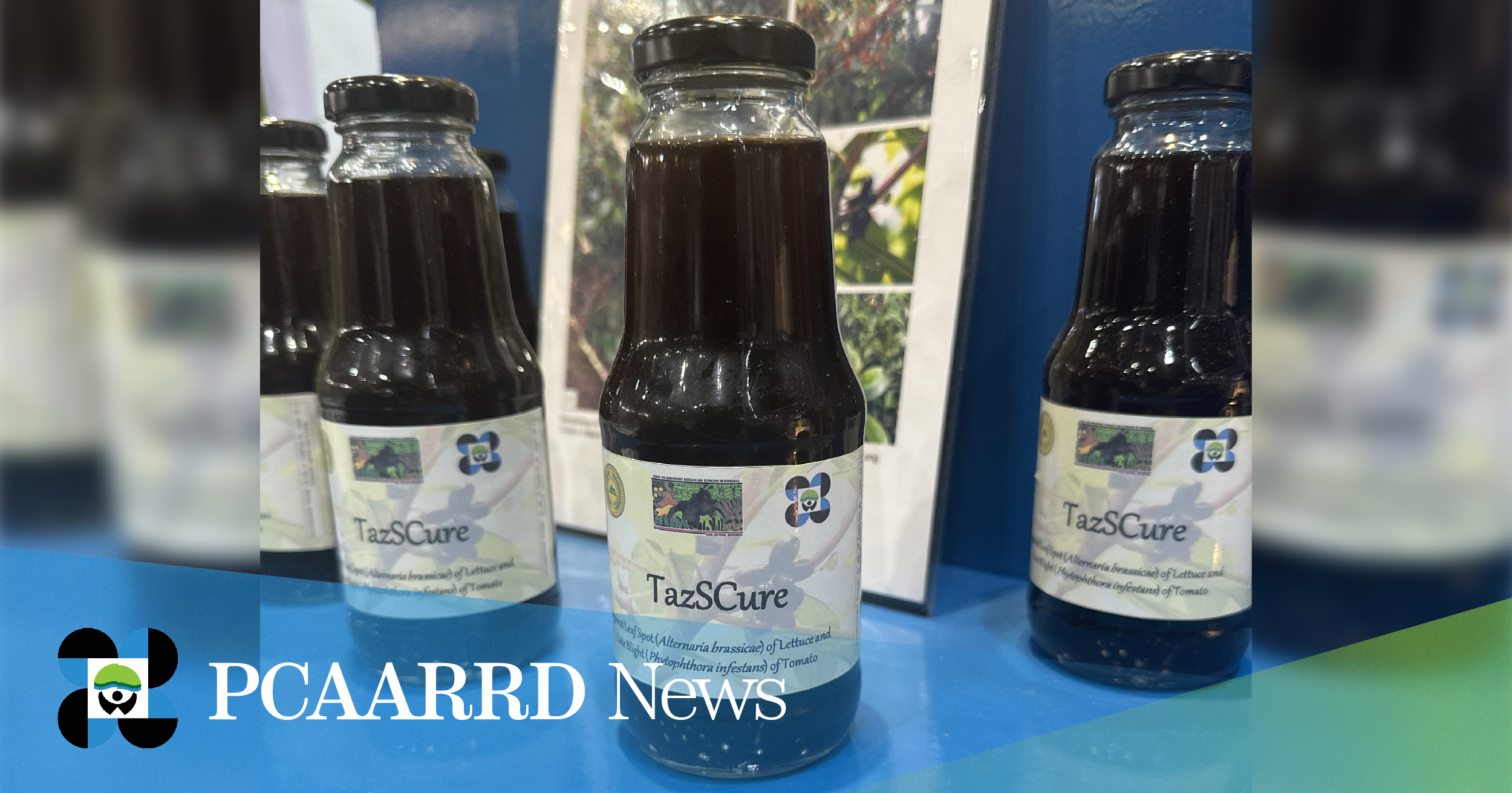In 2024, the Philippines imported a total of US$376 million of pesticides, according to the Observatory of Economic Complexity. This means that the country is dependent on inorganic pesticides and fertilizers. Pesticides are widely used in farms in the country to control pathogens in vegetables that cause yield loss. However, pesticides are hazardous to health and can be an additional expense to the farmers.
Addressing the need for a natural pesticide, the Central Mindanao University (CMU) developed a product, TazSCure, a natural fungicide from Tasmannia piperita, a plant rich in antibacterial and antifungal compounds. Said plant species was one of the ten indigenous plants that CMU screened that has the potential as a natural fungicide. It is a shrub or treelet indigenous to the Philippines that mainly grows in high-altitude mossy forests.
T. piperita contains compounds that can act as natural fungicides against disease-causing pathogens, such as Alternaria brassicae, which infects brassica crops including cabbage and broccoli and Phytophthora infestans, which infects solanaceous crops including tomato and potato, among others. After field validations, TazSCure was found to be stable to heat and light, environment-friendly, and non-hazardous to human health.
Currently, TazSCure has been disseminated to its farmer cooperators in select municipalities in Bukidnon and Mt. Apo.
TazSCure is the output of the DOST-PCAARRD-funded project, “Field Verification of Natural Fungicide from Tasmannia piperita (Hook. F.) Miers against Alternaria brassicae of Lettuce and Phytophtora infestans of Tomato” led by Dr. Victor B. Amoroso of CMU.

